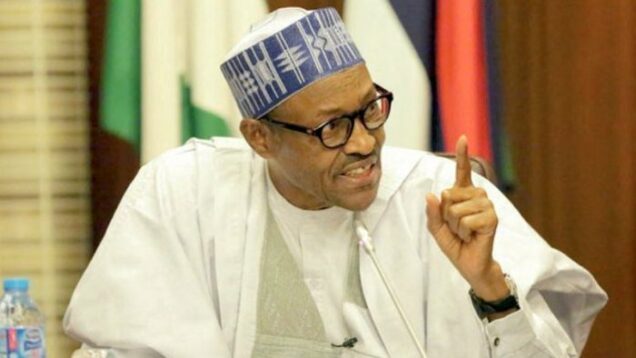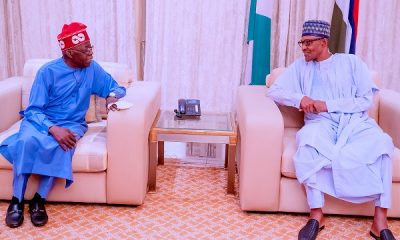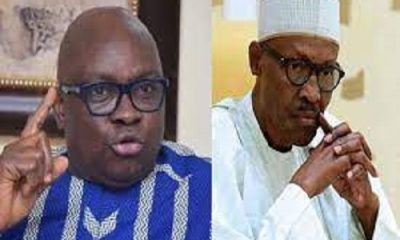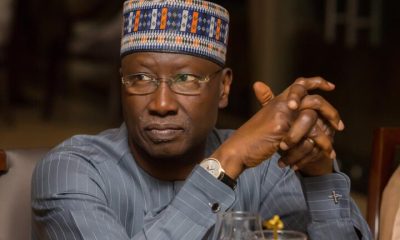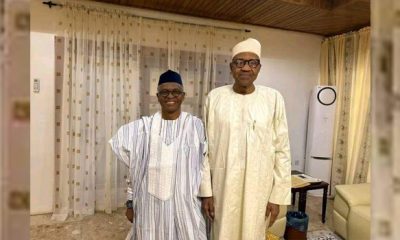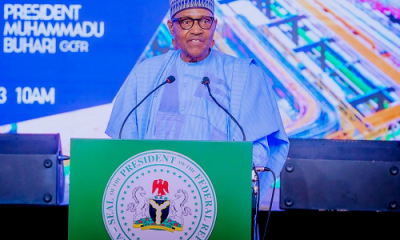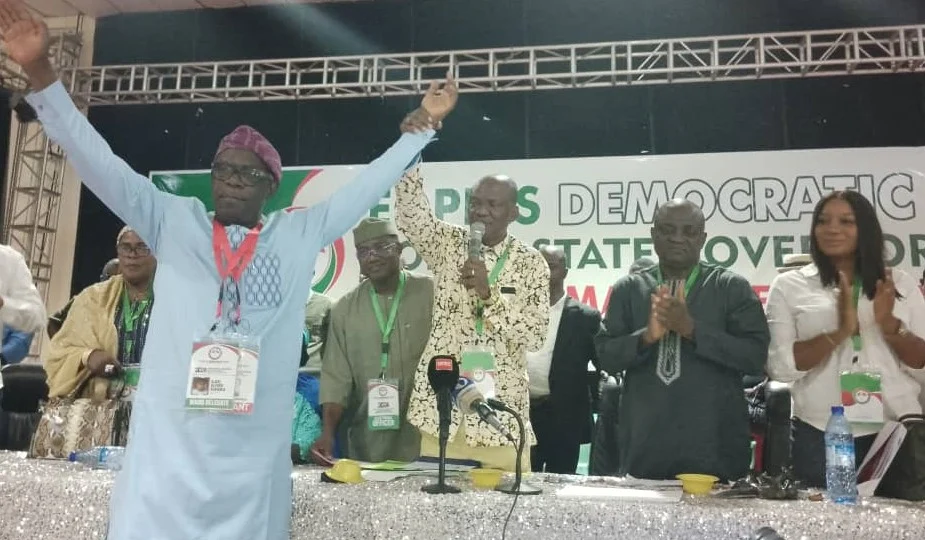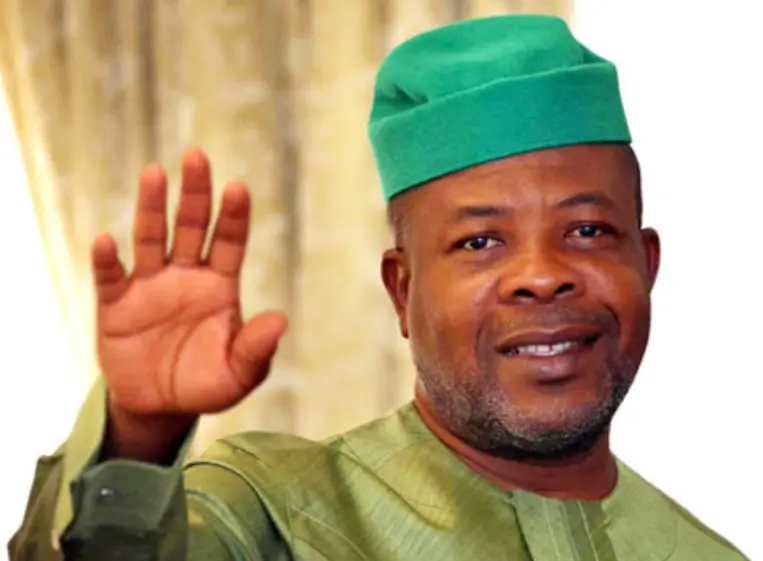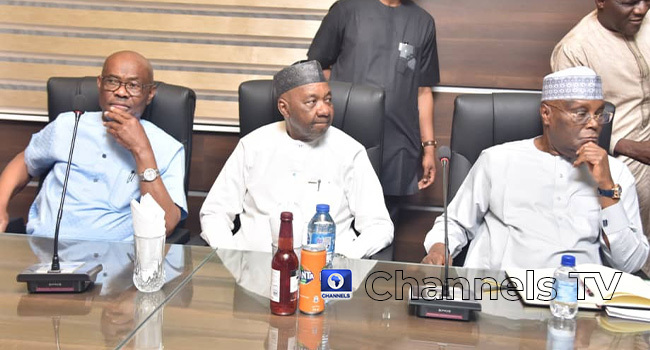An omission by the National Assembly during the passage of the Electoral Act 2022 has impacted the power dynamics as the political parties select their candidates for the 2023 general elections.
The error is reflected in Section 84(8) of the Electoral Act which states: “A political party that adopts the system of indirect primaries for the choice of its candidate shall clearly outline in its constitution and rule the procedure for the democratic election of delegates to vote at the convention, congress or meeting.”
The implication of this is that only delegates elected for that purpose can vote at the convention. Although this section existed in the repealed Electoral Act 2010, another provision of that law allowed elected officials and party chieftains to vote as delegates at primaries.
Somehow, the federal lawmakers, who are some of the major victims of the omission, did not spot it until the races had started and the horses were on the tracks.
As a result of the error, smaller than usual circles of delegates have been selecting candidates, especially at the primaries of the two major parties, which began across the country this week and will end on Monday when the ruling All Progressives Congress will nominate its presidential candidate.
The opposition Peoples Democratic Party (PDP) will elect its own flag bearer a day earlier on Sunday. All the 18 parties have until Friday, June 3 to submit their lists of candidates to the Independent National Electoral Commission (INEC), according to the timetable published by the commission.
After discovering that “fundamental error”, the two chambers of the National Assembly convened special sessions to hurriedly amend the section to reinstate the excluded “statutory delegates”.
These statutory delegates include the President, Vice-President, serving and former members of the National Assembly; serving and former governors and deputy governors; members of the National Working Committee and state chairmen and secretaries of the party.
But the president, also a victim of the error, has refused to sign the amendment, despite entreaties from his friends and adversaries at the National Assembly. Instead, he has referred it to INEC and the office of the Attorney-General of the Federation for advice.
The president’s refusal to assent to the amendment has the primary implication of significantly cutting the number of delegates that will vote, for example, at the APC National Convention from over 7,000 to just over 2, 000, and that of the PDP from over 3,000 to less than 1,000.
While the APC constitution stipulates three delegates per local government area, that of the PDP stipulates one each, explaining that wide disparity.
The figures were similarly affected for delegates to the governorship and legislative elections’ primaries of the two parties.
For the smaller parties that do not have any or many elected officeholders, the impact may not be much felt as only their top party officials have been shut out of the primaries.
This new environment has increased the influence, and definitely too, as we shall see presently, the affluence of the elected delegates who will now on their own determine the fate of aspirants.
There have been reports of heavy inducement of delegates since the process began. In Kaduna and Niger states, dramatic video footage has emerged on social media of failed aspirants demanding or collecting back money they had paid delegates before the polls.
The APC National Chairman, Abdullahi Adamu, on Wednesday, while speaking with a group of journalists in Abuja, acknowledged the prevalence of this malfeasance but chose to blame only the receivers of the bribes.
Fewer numbers of delegates mean more money for the delegates. Unofficial reports said two desperate aspirants in a senatorial primary rerun handed out as much as a million naira to each of the delegates. The offers would have been much lower if statutory delegates had swollen the number of the delegates, although total bribes might have been higher for the aspirants.
More fundamentally, however, the Electoral Act as it is has the certainly unintended consequence of further strengthening the hands of state governors, all of whom have been reported to have simply handpicked rather than allowed the election of the delegates. The game had always been lopsided in favour of governors, but now it will get even more grotesquely so.
In Abia State, Eyinnaya Abaribe, the senator who wanted to be governor, angrily pulled out of the PDP primary after alleging that Governor Okezie Ikpeazu had taken strange people instead of the elected delegates to the congress.
Federal lawmakers had clearly intended to curb the excesses of state governors with the Electoral Act 2022. They passed the controversial Section 84 (12), which stipulates that appointed officials must resign before becoming eligible to vote or be voted for in party primaries.
That provision brought the lawmakers into a tiff with President Buhari as they rejected his request to amend that section, which the president said is unfair to the appointees and offends the provisions of the Constitution.
Some have cited that disagreement as the main reason the president has refused to sign their amendment to Section 84(8), which removed them and governors totally from participating as delegates in the primaries.
But while the governors can have their handpicked delegates do their biddings at the primaries, lawmakers can only watch from the sidelines as their fates are decided.
It is instructive that many senators and members of the House of Representatives lost at the PDP primaries, whether they were seeking a higher office or just wanted to return to their seats at the Three Arms Zone in Abuja.
To be fair to the governors though, this happened even in some states where the party is not in government. Party chiefs simply sat as a jury over the fate of the hapless lawmakers.
And the powers of the governors are being felt even beyond their states.

 News3 years ago
News3 years ago
 Entertainment2 years ago
Entertainment2 years ago
 News3 years ago
News3 years ago
 Privacy3 years ago
Privacy3 years ago
 Sports2 years ago
Sports2 years ago
 Entertainment2 years ago
Entertainment2 years ago
 News3 years ago
News3 years ago
 Opinion3 years ago
Opinion3 years ago
